In preparation for the upcoming Paris Games, the U.S. Olympic and Paralympic Committee (USOPC) is intensifying its focus on mental health services for athletes.
Jess Bartley, the senior director of psychological services at the USOPC, highlighted the significant strides made in athlete wellness, acknowledging the pivotal role played by American gymnast Simone Biles in spotlighting the importance of mental health in elite sports.
Bartley emphasized that prioritizing mental health does not signify weakness, stating, “There doesn’t have to be anything wrong with you to focus on your mental health.” She underscored the commitment to continually enhance mental health services, recognizing that there is still progress to be made in supporting athletes’ well-being.
The USOPC has adopted a proactive approach to addressing athletes’ mental health concerns, drawing lessons from past experiences, particularly Biles’ decision to withdraw from certain events at the Tokyo Games in 2021. This approach emphasizes crisis prevention and maintenance, aiming to provide comprehensive support to athletes throughout their competitive journey.
Paris Games And Mental Health Services for Athletes
One key area of focus leading up to the Paris Games is sleep hygiene. Bartley highlighted the importance of addressing jet lag and prioritizing sleep hygiene to ensure athletes are well-rested and prepared for competition.
By integrating sleep hygiene practices into their preparation, athletes can optimize their performance and overall well-being during the Games.
Bartley, who assumed her role at the USOPC in 2020, emphasized the ongoing commitment to mental health support beyond the Paris Games, extending into the Los Angeles Games in 2028. The USOPC aims to implement a holistic approach to mental health that encompasses various aspects of athlete well-being, including sleep hygiene, stress management, and access to psychological services.
The proactive stance taken by the USOPC reflects a broader cultural shift within the sports community toward prioritizing mental health. By normalizing discussions around mental health and providing comprehensive support services, organizations like the USOPC are working to create a healthier and more supportive environment for athletes.
In addition to individualized support services, the USOPC is also exploring broader initiatives to promote mental health awareness and resilience within the sports community.
By fostering a culture of openness and support, the USOPC aims to empower athletes to prioritize their mental health and well-being throughout their careers.
As the Paris Games approach, the USOPC remains committed to ensuring that athletes have access to the resources and support they need to thrive both on and off the field of play. By prioritizing mental health services and promoting a holistic approach to athlete wellness, the USOPC is leading the way in championing the well-being of elite athletes.
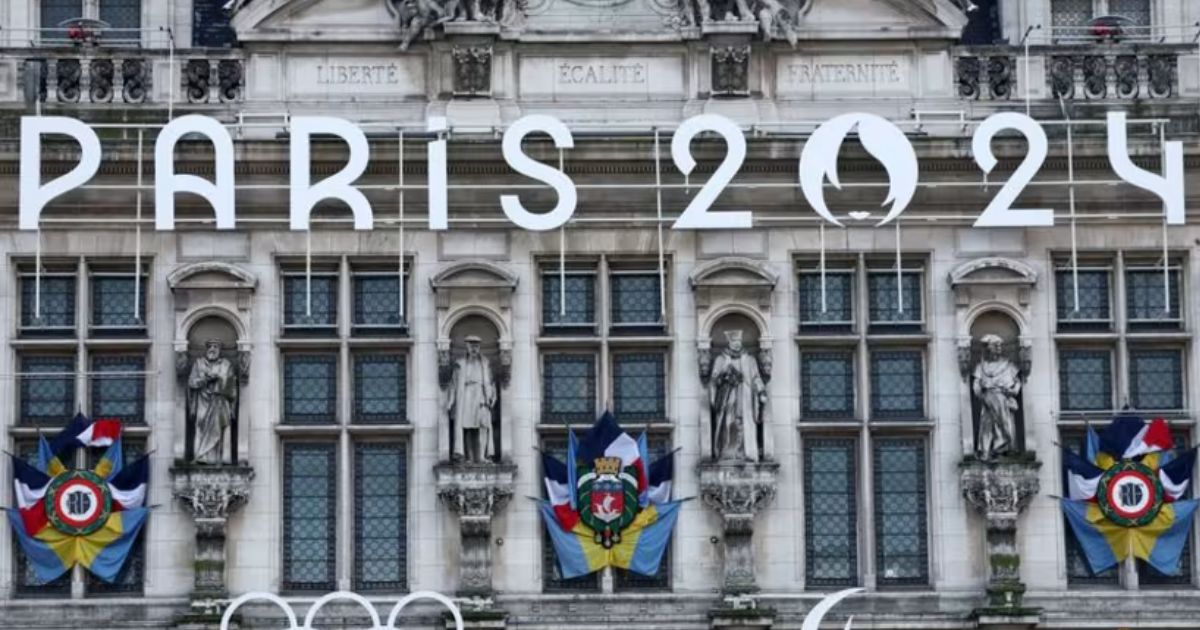
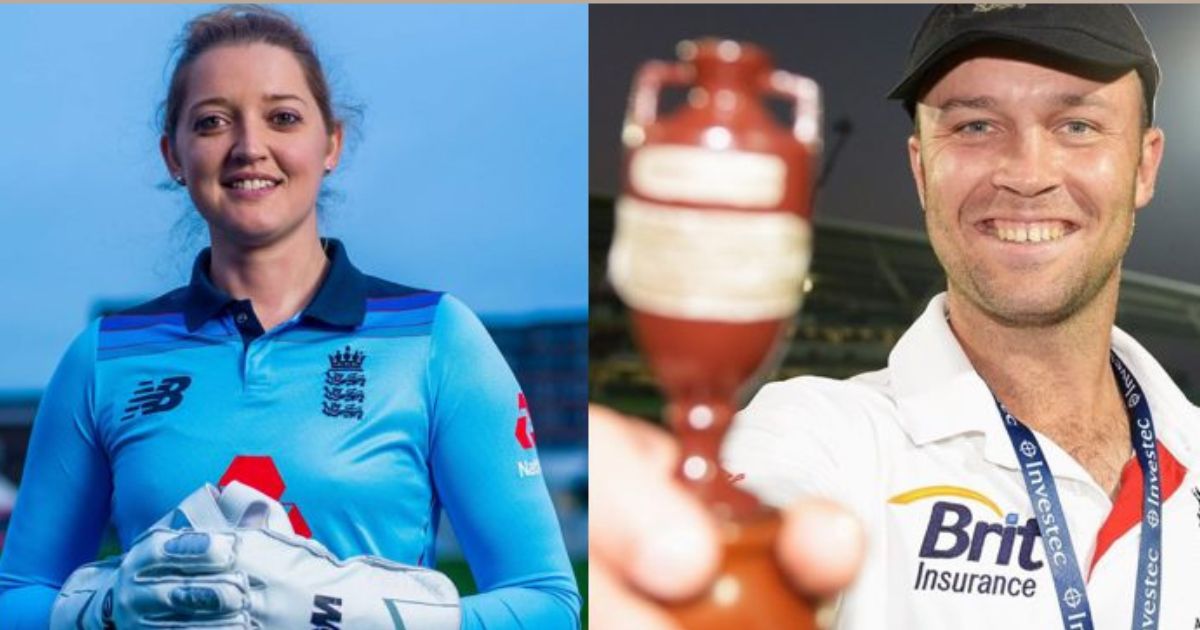
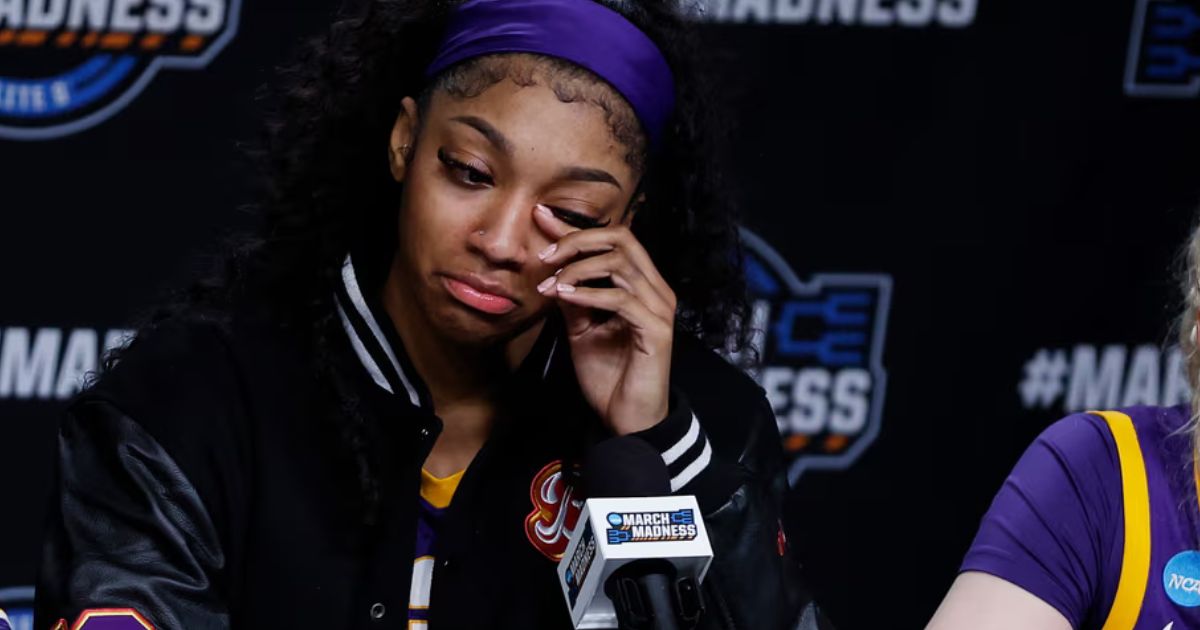
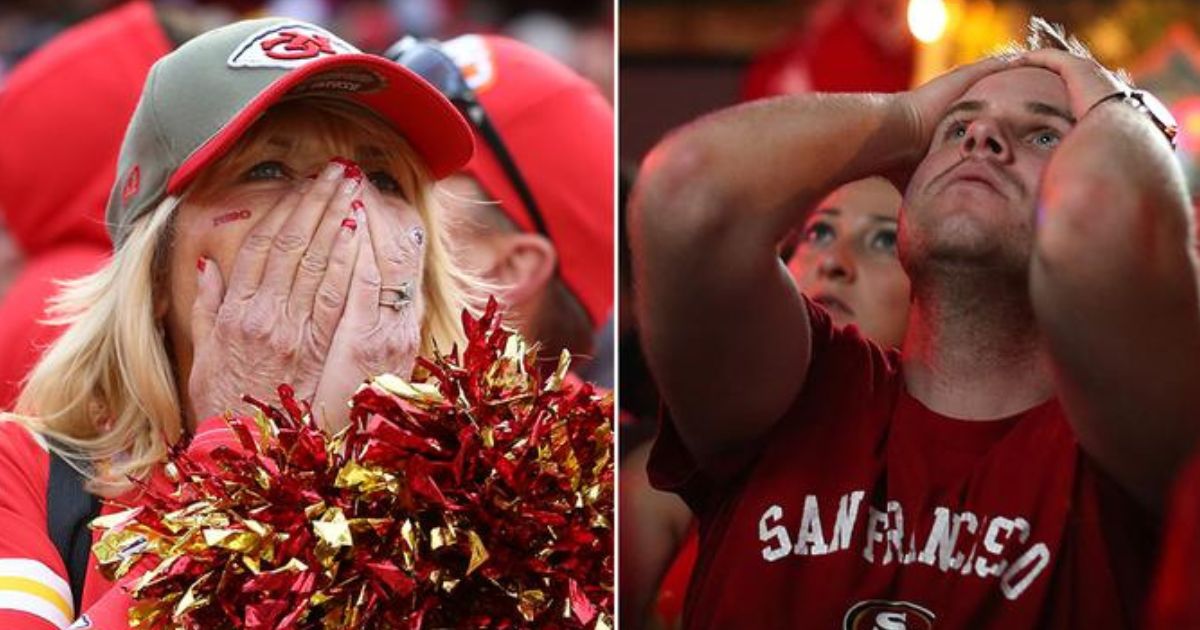
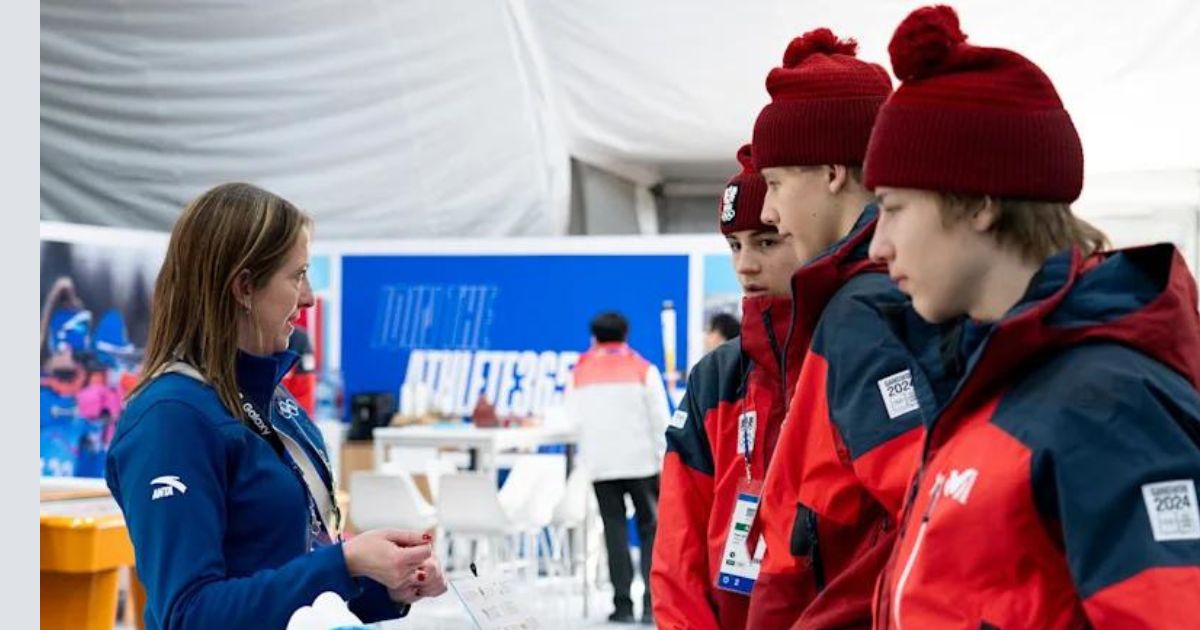
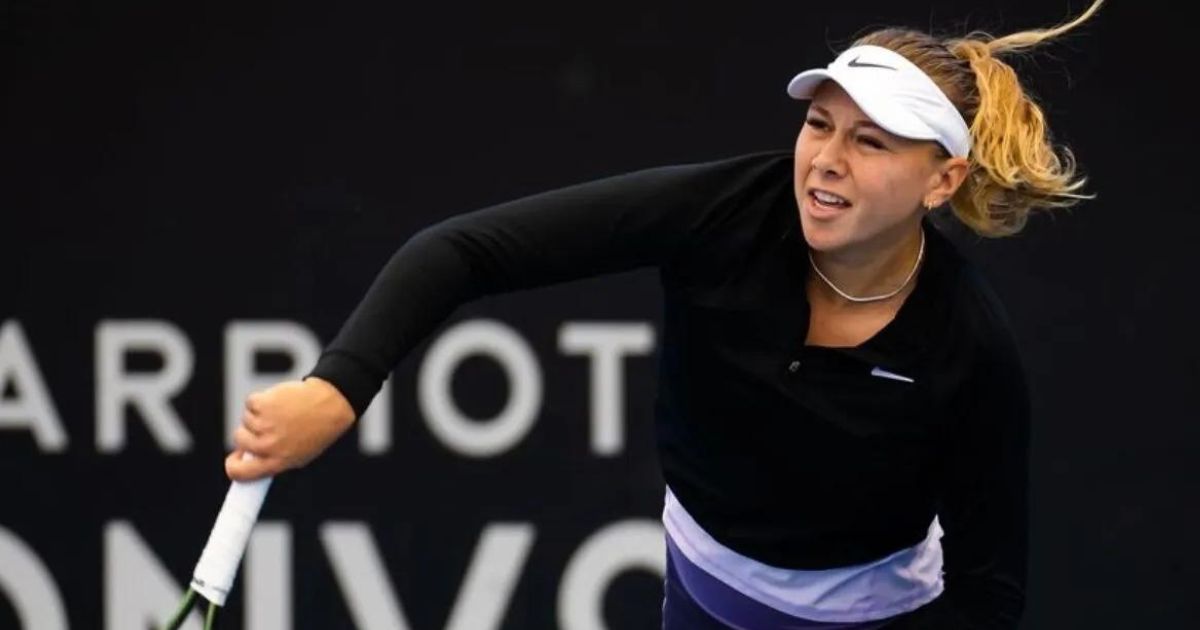


Leave a Reply
You must be logged in to post a comment.